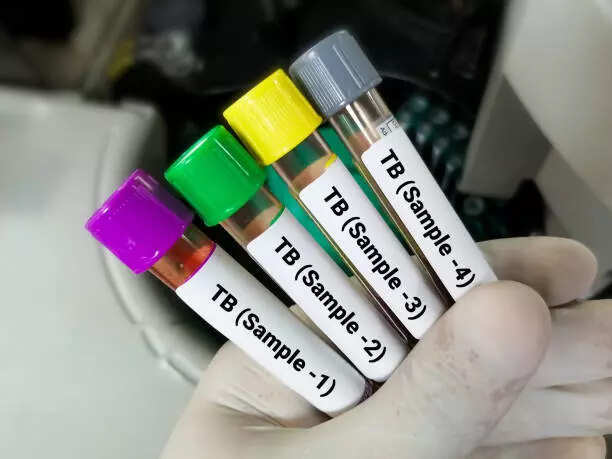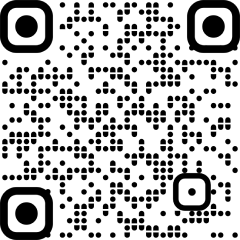
New Delhi: In a major boost to India’s fight against tuberculosis (TB), the Indian Council of Medical Research (ICMR) has validated new indigenously developed diagnostic tools that could strengthen the country’s testing capacity and provide a cost-effective detection option, PTI reported.
Eliminating TB hinges critically on early, accurate, and universal detection to begin timely treatment and cut community transmission.
One of the newly validated tools is the Quantiplus MTB FAST detection kit, developed by Huwel Lifesciences in Telangana, according to an ICMR statement. Quantiplus is the first open-system RT-PCR assay validated for lung TB detection, capable of running on any existing PCR machine rather than being limited to proprietary platforms.
“This means laboratories across India, even those without specialised ‘closed’ equipment, can now expand rapid molecular TB testing using standard PCR machines,” a source explained to PTI. Quantiplus can process up to 96 samples simultaneously.
Detecting TB in adults via sputum samples, this innovation could not only expand testing capacity but also significantly cut costs, by as much as one-fifth, experts estimate. This enables public sector labs to scale up without large investments in new machinery, making testing more affordable and accessible.
The second homegrown tool validated by ICMR is the UniAMP MTB Nucleic Acid Test Card, also by Huwel Lifesciences. This innovation allows testing via non-invasive tongue swabs rather than sputum, easing the process especially for children and the elderly, an official source noted.
Traditionally, TB diagnosis required invasive or difficult-to-obtain sputum samples. Tongue swabs offer a more patient-friendly alternative and could enable doorstep testing, aiding large-scale screening and expanding access to TB care.
“Through ICMR’s rigorous validation process, we ensure innovative TB diagnostics are tested quickly. This reflects India’s commitment to strengthening indigenous research, closing early detection gaps, and moving closer to eliminating TB as a public health challenge,” said Dr Nivedita Gupta, Head of the Communicable Diseases Division, ICMR.
These new tools build on upgrades to existing technologies such as Truenat and PathoDetect, which decentralise high-precision Nucleic Acid Amplification Tests (NAAT), reducing delays in diagnosis and enabling effective treatment for both drug-sensitive and drug-resistant TB, she added.
The validation of these innovations, spanning lab systems, decentralised testing, and non-sputum point-of-care diagnostics, underscores the government’s commitment to nurturing a strong domestic scientific ecosystem. If deployed at scale, they could transform TB testing, making it faster, cheaper, and more accessible to those who need it most, PTI reported.
With inputs from PTI







